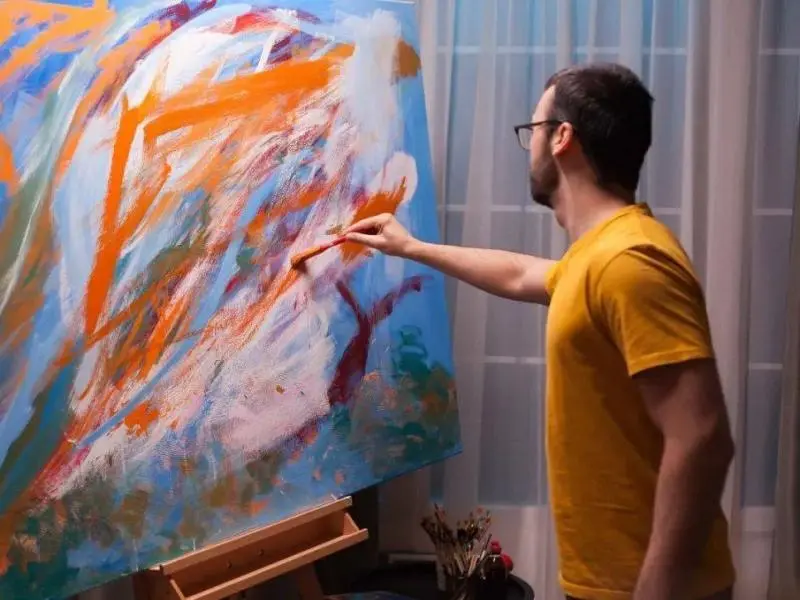- Artificial Intelligence (AI) has been making waves across various industries, and the arts are no exception.
- The integration of AI into creative processes is reshaping how we perceive and engage with art.
AI’s importance in the arts lies in its ability to enhance creativity, expand accessibility, and create personalised, interactive, and immersive experiences. It also plays a significant role in preservation, democratisation, and the economic aspects of art. As AI continues to evolve, its influence in the arts is set to grow, offering exciting opportunities and challenges for artists, audiences, and the art world as a whole.
1. Enhancing creativity
AI serves as a collaborative companion, providing fresh insights and suggestions beyond human imagination. By generating innovative art, music, or literature, AI encourages artists to venture into unexplored realms of creativity, fostering a dynamic synergy between human ingenuity and technological innovation.
Also read: OpenAI thwarts 5 covert influence operations using AI models
2. Expanding accessibility
AI technologies can make art more accessible to a wider audience. For instance, AI-powered tools can translate art descriptions into multiple languages or create audio descriptions for visually impaired individuals, ensuring that art is inclusive.
3. Personalised experiences
AI can tailor art experiences to individual preferences. By analysing user data, AI can curate personalised art collections or suggest art pieces that align with a person’s tastes, making the interaction with art more engaging.
4. Preservation and restoration
AI plays a crucial role in the preservation of art by analysing and restoring damaged artworks. Machine learning algorithms can predict the degradation of materials and suggest the best methods for conservation.
5. Interactive art
AI enables the creation of interactive art installations that respond to the presence and actions of viewers. This interactivity can lead to a more immersive and dynamic art experience.
Also read: The troubling impact of AI art on traditional artists
6. Democratsation of art
AI tools are making art creation more accessible to people without formal training. Apps and software that use AI to assist in drawing, painting, or composing can encourage more people to express themselves artistically.
7. New forms of expression
AI is pushing the boundaries of what constitutes art. Algorithms can generate entirely new forms of art, such as AI-generated paintings, music, or poetry, challenging our understanding of creativity and originality.
8. Artistic analysis
AI can analyse vast amounts of artistic data to identify trends, styles, and the evolution of art movements. This analysis can provide valuable insights for art historians and enthusiasts.
9. Ethical considerations
The use of AI in art also raises important ethical questions about authorship, originality, and the role of machines in creative processes. These discussions are vital for the future of art and AI.
10. Economic impact
AI plays a pivotal role in the valuation and authentication of art, offering a streamlined and precise evaluation of artworks, which proves advantageous for the art market. By utilising algorithms and data analysis, AI can analyse various aspects of an artwork, such as style, technique, and historical context, providing valuable insights for collectors, dealers, and art institutions to make informed decisions about acquisitions and investments. This enhances transparency and reliability in the art market, benefiting both buyers and sellers.

